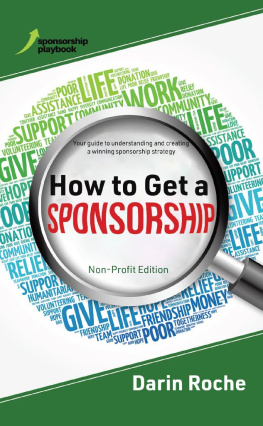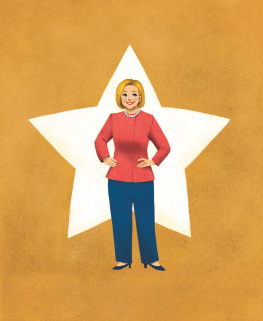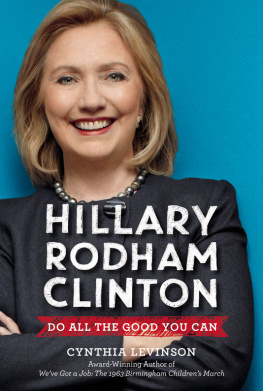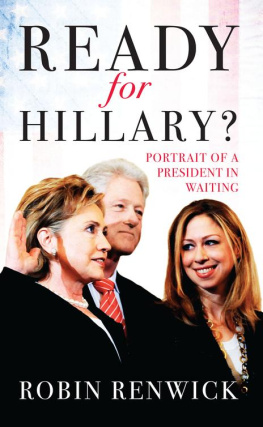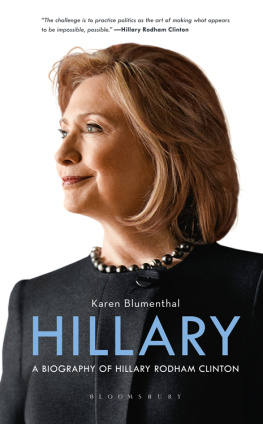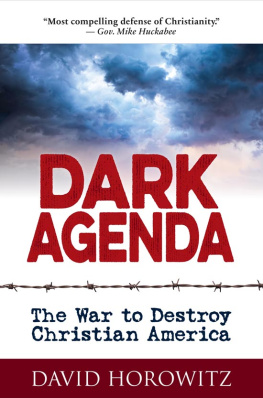Copyright 2020 by Princeton University Press
Requests for permission to reproduce material from this work should be sent to permissions@press.princeton.edu
Published by Princeton University Press
41 William Street, Princeton, New Jersey 08540
6 Oxford Street, Woodstock, Oxfordshire OX20 1TR
press.princeton.edu
All Rights Reserved
Library of Congress Cataloging-in-Publication Data
Names: Kaell, Hillary, author.
Title: Christian globalism at home : child sponsorship in the United States / Hillary Kaell.
Description: Princeton : Princeton University Press, [2020] | Includes bibliographical references and index.
Identifiers: LCCN 2020001403 (print) | LCCN 2020001404 (ebook) | ISBN 9780691201450 (hardback ; alk. paper) | ISBN 9780691201467 (paperback) | ISBN 9780691201474 (ebook)
Subjects: LCSH: Poor childrenServices forDeveloping countries. | Church charities United States. | Public welfareReligious aspectsChristianity. | Church work with poor childrenDeveloping countries. | GlobalizationReligious aspectsChristianity.
Classification: LCC HV804 K34 2020 (print) | LCC HV804 (ebook) | DDC 362.7/7569091724dc23
LC record available at https://lccn.loc.gov/2020001403
LC ebook record available at https://lccn.loc.gov/2020001404
Version 1.0
British Library Cataloging-in-Publication Data is available
Editorial: Fred Appel and Jenny Tan
Production Editorial: Leslie Grundfest
Production: Brigid Ackerman
Publicity: Kate Hensley; Kathryn Stevens, UK
Copyeditor: Karen Verde
Jacket art: Handprint, Michael Burrell / Alamy Stock Photo; Silhouette of United States, Ted Grajeda / Noun Project
The author expresses appreciation to the Schoff Fund at the University Seminars at Columbia University for their help in publication. The ideas presented have benefited from discussions in the University Seminar on Religion in America
BRIEF NOTE ABOUT LANGUAGE
When discussing nineteenth-century sources, I use emic terms for mission stations and colonies (e.g., Foochow or Ceylon), as well as their English transliterations of foreign names. When discussing organizations, I refer to CCF by its mid-century initials, unless I am talking about ChildFund today. By contrast, I call Unbound by its current name, rather than the Christian Foundation for Children (19811987) or the Christian Foundation for Children and Aging (19882014), because I worked more closely with contemporary sponsors. The same applies to Compassion, which was the Everett Swanson Evangelistic Association until 1963.
Although the terminology is clunky, I use conservative and liberal to refer to U.S. Christians ideological (and often political) commitments. I use these terms sparingly and only in particular contexts. Likewise, the terms evangelical and mainline are complicated; they are historically imprecise, and relatively few U.S. Christians use these words in everyday speech to refer to themselves. They are further complicated in the United States today by a deeply divisive two-party political system and because many Americans church switch over their lifetimes and consume religious media from multiple sources at once. I identify individual sponsors by church affiliation when possible and by the organizations they choose to support. When I refer to people as evangelical, I do so based on these and other markers, such as being born-again. I also thought quite a bit about the word America, which residents of the United States often use to refer to their country, although it more accurately encompasses North and South America as a whole. I use U.S. most often, but for readability I sometimes use American as an adjective, including in reference to U.S. people.


